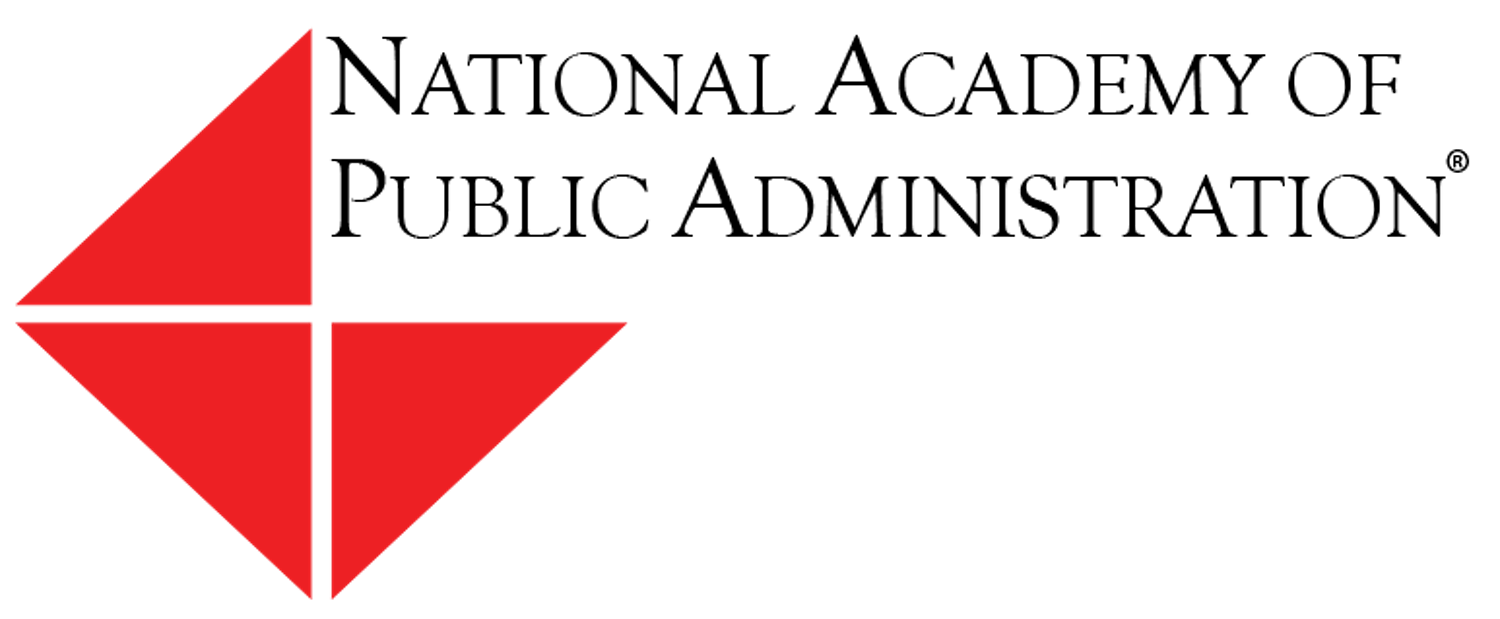
Issues, Challenges, and Opportunities in Public Administration
Post Date: May 12, 2017
By: Larry Cooley
Most of my career has been spent working with and for the governments of developing countries. In the ‘60s and early ‘70s, this work focused on building institutions in nations newly independent from their colonial pasts. In the ‘90s, the focus was on the nations exiting the Soviet Union and its orbit. And in more recent years, much of the focus has been on solving trans-national problems and re-establishing government capacity after one or another form of civil strife.
There is a certain irony in turning to U.S. sources for this kind of help since we Americans are not a trusting lot when it comes to government. Our history inclines us to be suspicious of concentrations of power and government intervention. Our newspapers and airwaves are full of reports where government action is presented as the problem, not the solution; and careers in public service do not enjoy the respect given to them in many other countries.
But perhaps that’s the point. Our natural suspicion inclines us to seek checks, balances and enhanced accountability; our preference for private sector solutions results in a rich array of private providers, NGOs and public-private partnerships; and our aversion to central control fosters enhanced reliance on citizen responsibility and delegation of service delivery to the lowest possible level of government.
I recently began a 4-year term as President of the International Governing Council of the Society for International Development. With chapters in 17 countries and headquarters in Rome and Nairobi, SID has been working for 60 years to inform the debate at national and global levels about issues and alternatives, with particular emphasis on topics like the globalization and inequality, and with a mandate to promote “north-south dialogue” and convene non-partisan, silo-busting discussion that brings together government officials, civil society representatives, independent thought leaders, and the private sector. Coincidentally, my term as SID President coincided almost exactly with joining the NAPA Board.
I have always seen my work on public management in the United States and my work in developing countries as quite distinct. Most surprising to me in this recent coincidence of experiences is the striking similarity in the questions and anxieties being asked in these very different contexts about the role and limitations of government and other institutions charged with serving the public good. Frankly, it’s giving the idea of “one world” special and new meaning.
Read more about how the Academy is redefining the practice of public administration.